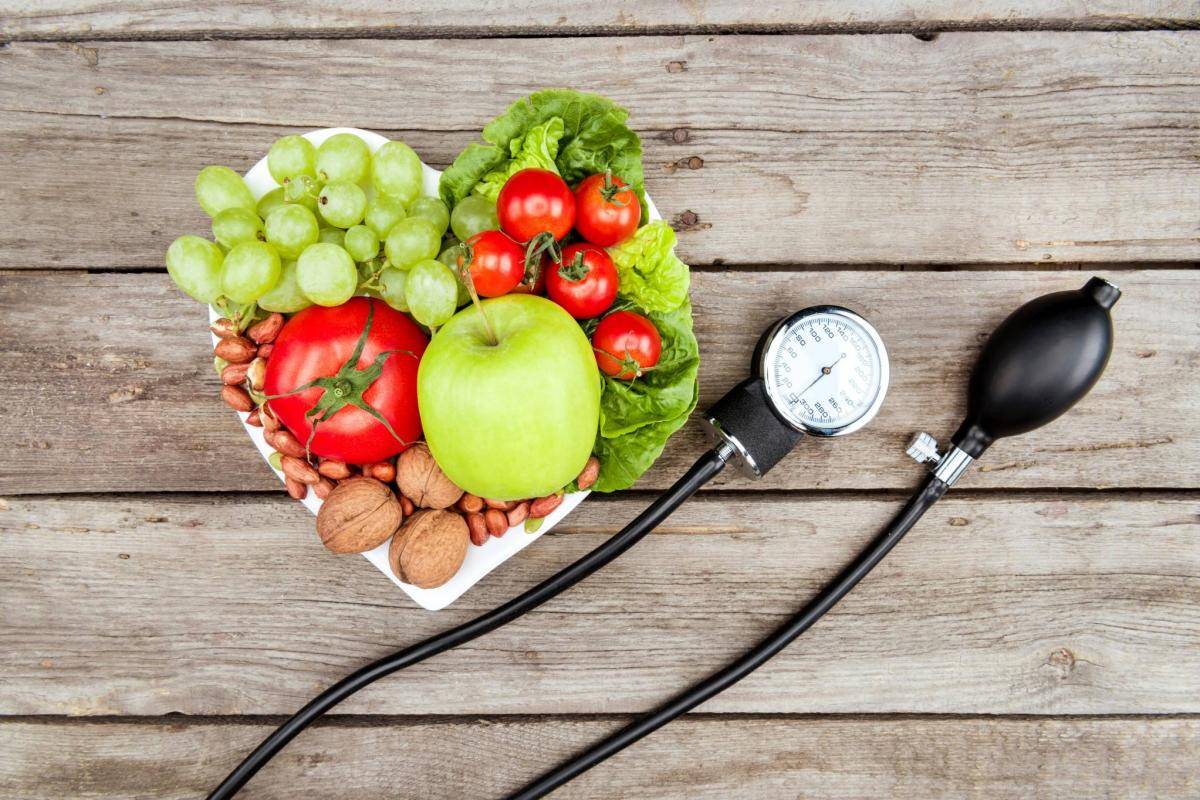High blood pressure is a common condition that can lead to serious health consequences for heart health if not well controlled. In a society where poor eating habits prevail, the incidence of hypertension continues to rise. For those suffering from high blood pressure, understanding which foods to avoid is crucial, as is choosing a balanced and healthy diet.
In this article, we will present the harmful foods in the case of hypertension, and those to favor.
Sara Chkeir, a dietitian-nutritionist, confirms that adopting a healthy and balanced diet is essential for managing hypertension.
Indeed, certain foods are harmful to people suffering from high blood pressure and can worsen their condition. Here are categories of foods that are best limited or avoided:
Foods high in sodium: Sodium (salt) increases blood pressure, making hypertension control difficult. Processed foods, canned goods, and prepared meals are high in sodium.
Foods high in saturated fats: Red meats, whole dairy products, and fried foods may contain high levels of saturated fats, which can increase blood cholesterol levels contributing to high blood pressure.
Moreover, certain foods can help reduce blood pressure, among which:
Fatty fish: The omega-3s in fish, such as salmon and sardine, help to reduce blood pressure.
Banana: Its richness in minerals (potassium, magnesium, calcium) contributes to the regulation of blood pressure.
Avocado: Avocado is a good source of linoleic acid, an unsaturated fatty acid that helps the cardiovascular system function properly. It is also rich in potassium and helps regulate blood pressure.
Sweet potato: Sweet potato is known for its low glycemic index, and its richness in potassium. It helps maintain normal blood pressure.
Dark chocolate: Dark chocolate is an antioxidant rich in magnesium and potassium, which helps lower blood pressure.
Tomato: A vegetable with strong antioxidant power, tomato contains many vitamins and amino acids that can help protect the heart and reduce blood pressure. It also contains potassium, which prevents an increase in pressure.
Orange: This fruit contains vitamins, minerals, and plant compounds that could contribute to your heart's health by reducing risk factors for heart disease.
Berries: Some berries (cranberries, blueberries, raspberries) are a rich source of antioxidants, including anthocyanins, which can reduce risk factors for heart disease such as high blood pressure.
Date: Dates can combat high blood pressure, thanks to a low sodium content and an increased potassium level. They contribute to heart health by reducing the accumulation of fats in the arteries.
Incorporating these foods into your daily diet, in addition to a healthy and balanced lifestyle, helps regulate blood pressure. Physical activity and reducing the consumption of sugar and salt are essential for maintaining healthy blood pressure.
Do not hesitate to consult a nutritionist to create a tailored and personalized diet plan.
 French
French

















